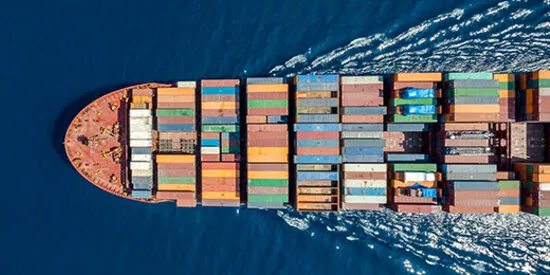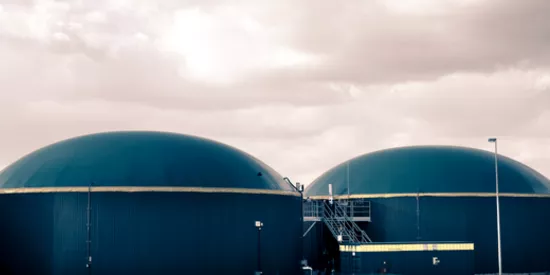
Blockchain
What is blockchain?
Blockchain is a secure, transparent information storage and transmission technology that operates without a central control unit. It is based on a distributed, immutable register, structured in the form of chained blocks and validated by a network of computers called nodes.
Blockchain is based on several principles:
- Decentralization: Unlike traditional databases, blockchain is managed by a distributed network of interacting participants, with no central authority.
- Transparency: In the case of public blockchains, all registered transactions are visible and verifiable by all network participants.
- Immutability: Once a block has been validated and added to the chain, it becomes virtually impossible to modify or delete it.
- Security: Each transaction is validated by cryptographic mechanisms, ensuring the integrity and authenticity of these transactions.
- Authorization: Transaction validation and compliance are based on consensus protocols ensuring agreement between network nodes (Proof of Work, Proof of Stake...)
What are the types of blockchain?
There are different types of blockchain, each with its own operating procedures:
- The public blockchain, for example, is accessible to all, such as Bitcoin and Ethereum.
- Private blockchain, on the other hand, is controlled by an organization or consortium, with restricted access granted by the controlling entity(ies).
- The hybrid blockchain combines the functions of private and public blockchains, so that only limited data is controlled.
In this way, blockchain guarantees efficient, transparent and secure transactions, facilitating financial operations.
Our latest news and insights

Why ship finance will keep steaming ahead in 2026
By Pierre Carassus, Head of Maritime Industries, Asia-Pacific at Societe Generale.
By Pierre Carassus, Head of Maritime Industries, Asia-Pacific at Societe Generale.
Expert views
By Pierre Carassus, Head of Maritime Industries, Asia-Pacific at Societe Generale.
Why ship finance will keep steaming ahead in 2026
Supporting biomethane production in Spain and Italy
By securing EUR 671 million in financing, Verdalia Bioenergy can continue its development through the construction and...
By securing EUR 671 million in financing, Verdalia Bioenergy can continue its development through the construction and...
Clients' successes
By securing EUR 671 million in financing, Verdalia Bioenergy can continue its development through the construction and acquisition of several biomethane production sites in Spain and Italy.
Supporting biomethane production in Spain and Italy
Transaction Banking in Transition: A Blueprint for Integrated Global Solutions
As global trade undergoes one of its biggest transformations in decades, transaction banking has become a strategic...
As global trade undergoes one of its biggest transformations in decades, transaction banking has become a strategic...
Expert views
As global trade undergoes one of its biggest transformations in decades, transaction banking has become a strategic priority rather than a back-office function. In response, Andreea Parneci and Florence Escaffre, co-deputy heads of Global Transaction & Payment Services, outline how to deliver the real-time visibility, seamless global coverage and solutions...
Transaction Banking in Transition: A Blueprint for Integrated Global Solutions
More results
google link